(ECNS) -- The parents of a 5-year-old girl in Xiamen, Fujian Province, are seeking urgent international medical assistance after their daughter was diagnosed with a rare and often fatal brain infection caused by Naegleria fowleri, known as the "brain-eating amoeba."

According to the viral post on social media platform Red Note, the child went swimming and soaked herself in a hot spring on June 7 and June 14.
She began experiencing a headache, mild fever and vomiting on June 22. Her condition deteriorated rapidly after hospital admission the following day. She suffered seizures, fell into a coma, and was transferred to the pediatric intensive care unit. On June 27, she tested positive for Naegleria fowleri.
Doctors from Xiamen Children's Hospital and Shanghai‘s Fudan University Children‘s Hospital conducted a multidisciplinary consultation and concluded there was little hope for recovery. "Even if she survives the critical stage, the best possible outcome would be a persistent vegetative state," the girl‘s mother shared in an emotional online update.
The child remains in a coma. Her parents are now reaching out to international medical experts, including specialists at Boston Children‘s Hospital in the United States, in hopes of finding possible treatments.
In their latest update, the girl's parents wrote: "Sweetheart, can you hear us? So many people are praying for you. Please keep fighting. Mommy and Daddy will do everything we can to save you."
Naegleria fowleri is a single-celled amoeba that thrives in warm freshwater environments such as untreated hot springs, rivers, lakes and poorly maintained swimming pools. It can enter the human body through the nose or open wounds, eventually migrating to the brain where it causes a severe and often fatal infection called primary amoebic meningoencephalitis (PAM).
Medical literature describes PAM as extremely rare, with an estimated risk of only 2.6 cases per million water exposures. Most exposures do not lead to infection, possibly due to immune defenses or other unknown factors.
A local journalist contacted several hospitals in Xiamen, including the First Affiliated Hospital of Xiamen University and the 73rd Group Army Hospital. All reported that they had not recently treated any such cases. In fact, the First Affiliated Hospital stated it has not encountered a single case of PAM in the past decade.
Dr. Zhao Shunzhong from the 73rd Group Army Hospital's emergency department explained that the Naegleria fowleri infection is "extremely rare" and that the hospital has never treated a single case. Fewer than 20 have been reported nationwide, with an exceptionally low infection rate.
The incubation period for PAM is about five days, and the onset of symptoms is usually subtle. Once symptoms appear, the disease progresses rapidly. Early signs may include fever, headache, and neck stiffness. As the amoeba aggressively invades brain tissue, patients may suffer seizures, altered consciousness, and ultimately death. The mortality rate is around 97%. Although some medications exist, treatment success remains limited.
Despite its nickname and fearsome reputation, experts urge the public not to panic. "The infection rate is extremely low, and regular activities in properly maintained swimming pools or public beaches pose minimal risk," said Dr. Zhao. He advises avoiding swimming or diving in untreated natural water bodies with unknown quality, especially if they involve nasal exposure. "If you must enter such waters, keep your head above the surface. Also, avoid entering natural waters if you have open wounds or skin ulcers," he added.












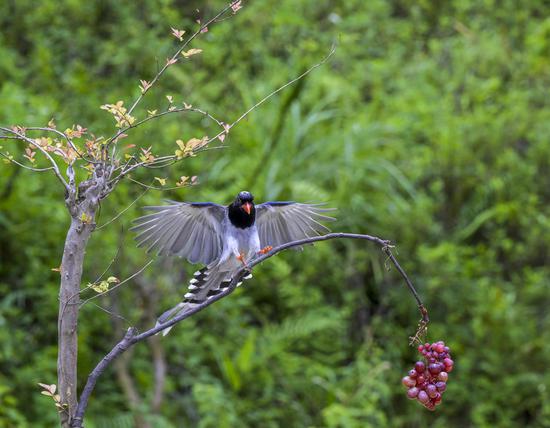

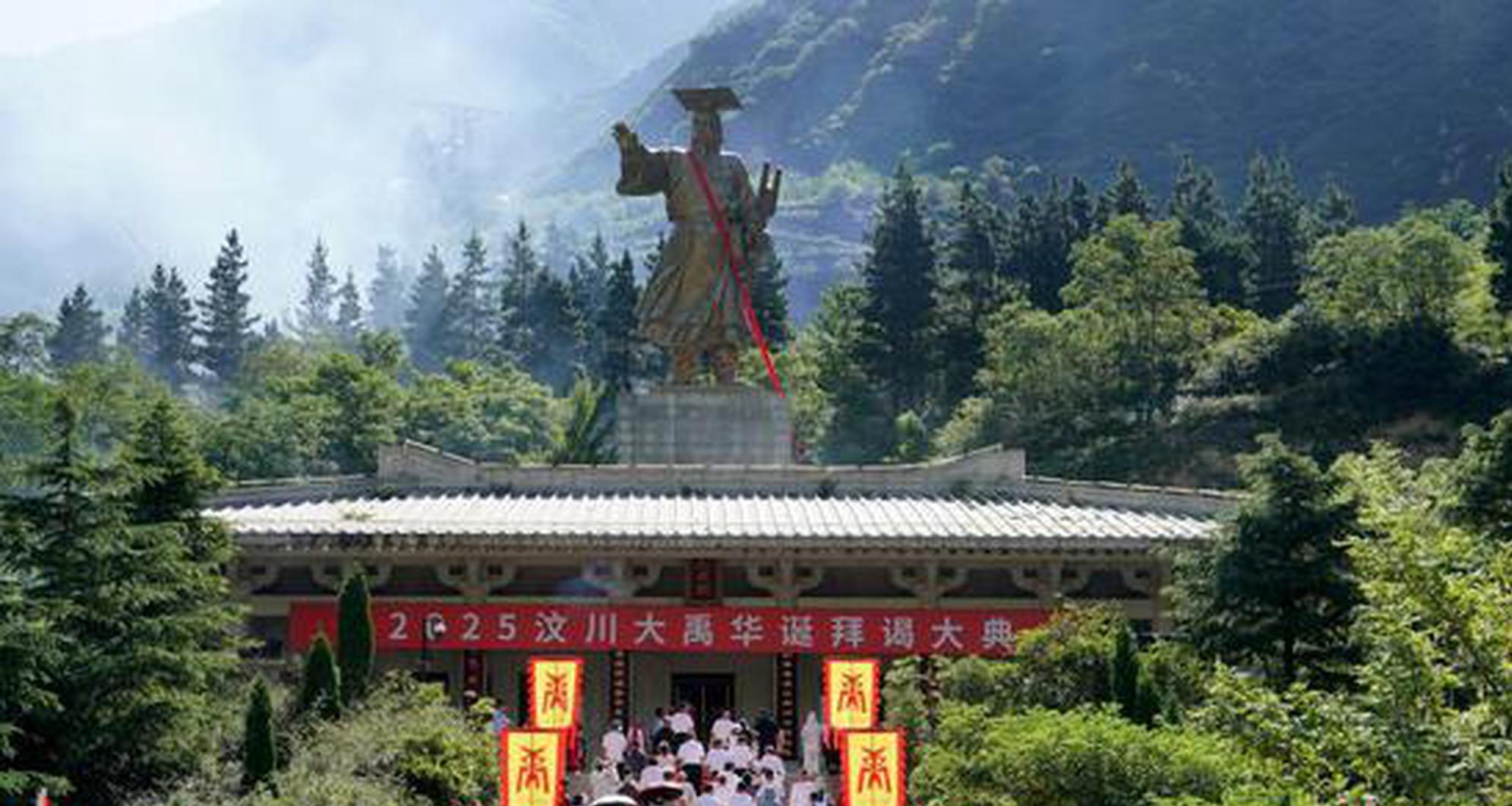

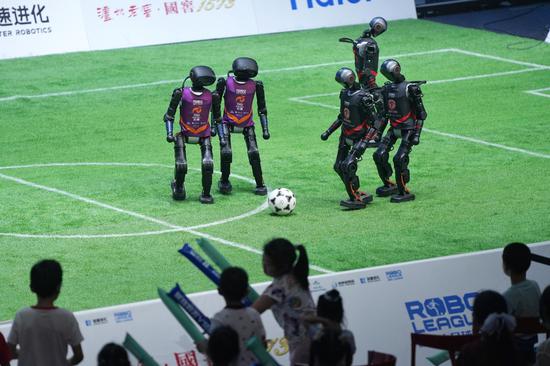
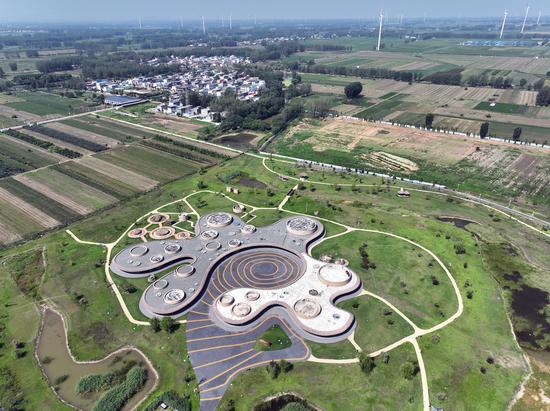





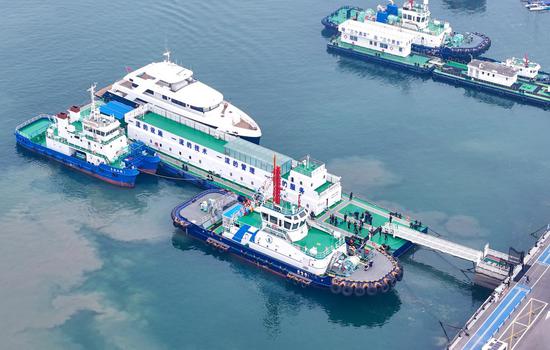
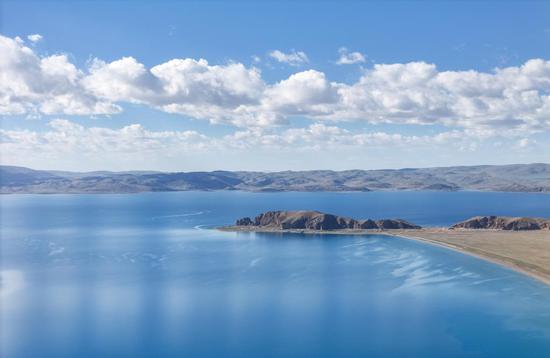









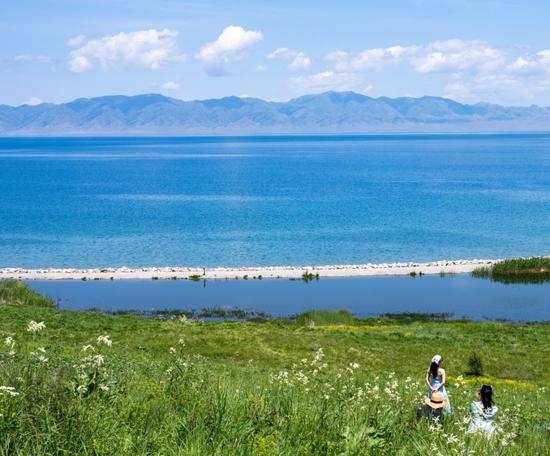

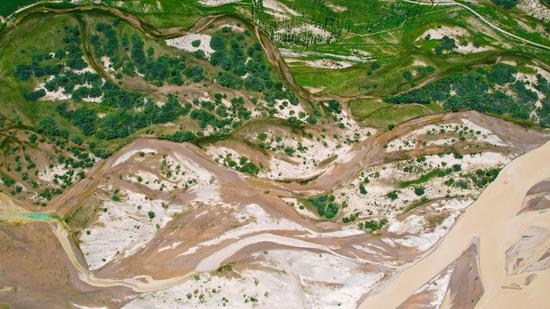
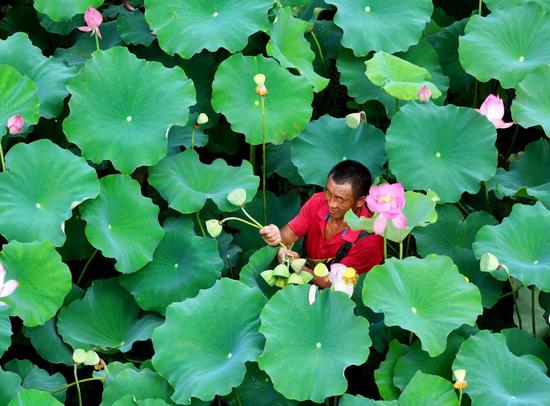

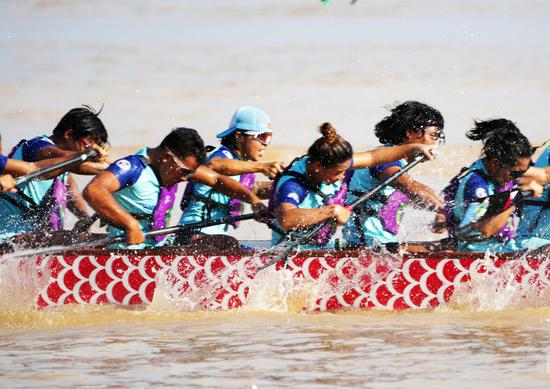
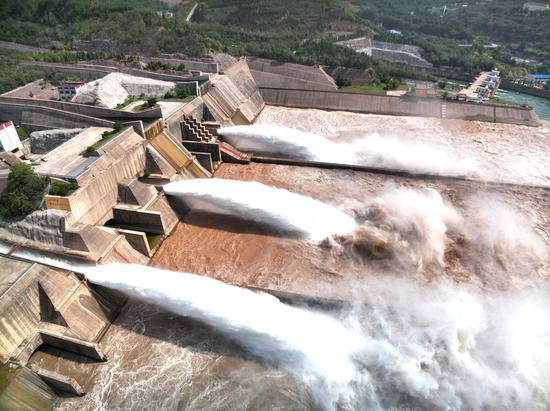

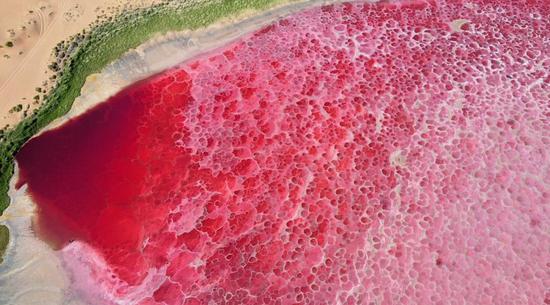







 京公網安備 11010202009201號
京公網安備 11010202009201號